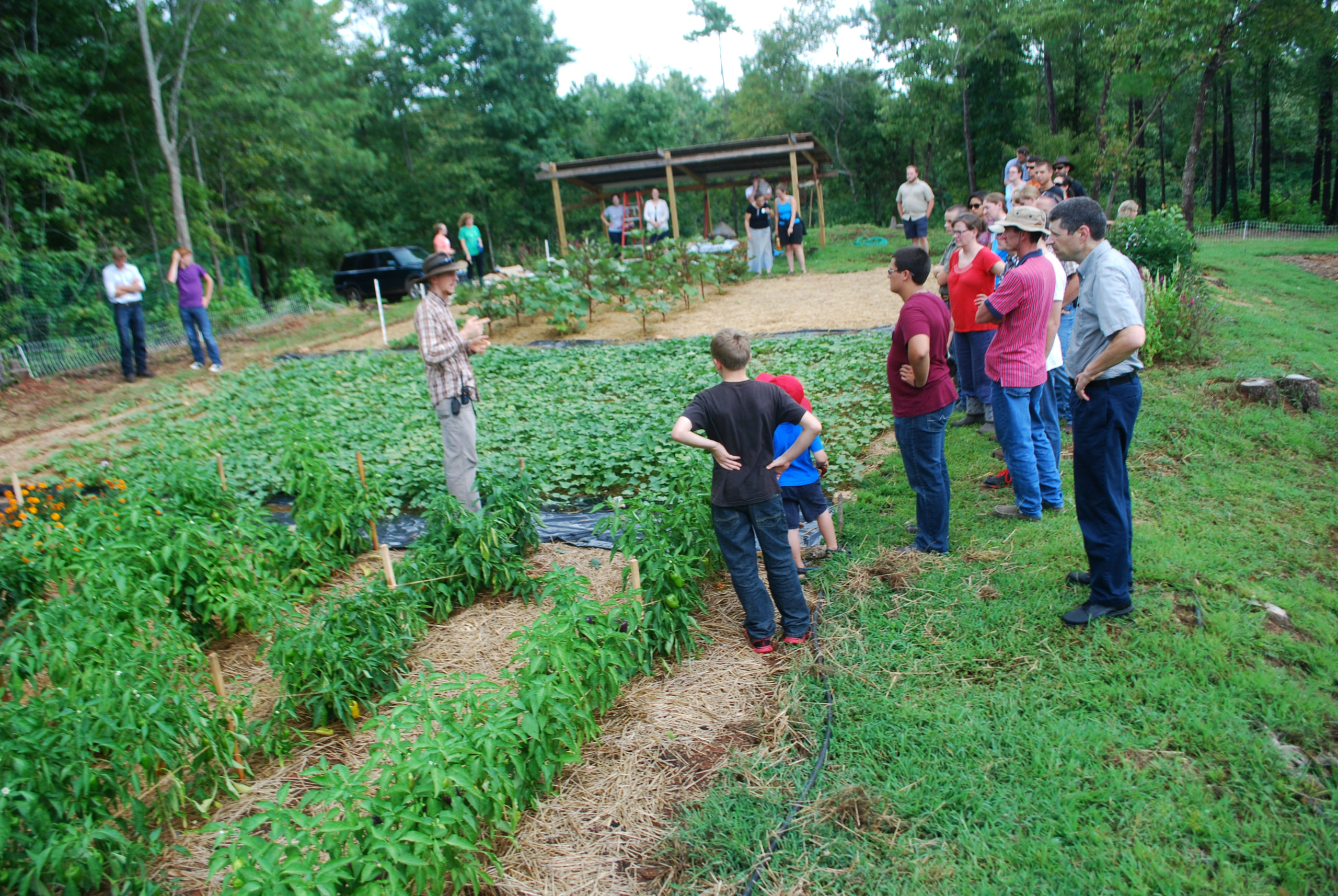Realizing the Importance of Continual Growth and Learning as We Tend the Land
This past week I listened to a message about the importance of continued growth in the Christian life. The speaker claimed that if you study the majority of biblical characters and historical Church figures only around 25% of them could be said to finish well. And one of the biggest determining characteristics of those who finished well was that they had a childlike spirit of continuing to listen and learn. Humility and teachability.
In agriculture it is easy to be looking for the ‘right’ way to farm. The right gardening technique, animal management, marketing strategy, etc. But perhaps one of the biggest dangers is getting to the point that we think we have arrived and as a result spend the rest of our days trying to defend and promote ‘our’ way of doing things. Which really means we are just going to stagnate, become less likely to listen to others, and foster pride in our hearts.
For sure we never want to compromise on truth. But one truth we can stand on is the fact that we and our farms are in a continual state of being reformed, or sanctified, and will never arrive at a un-improvable state. As Christian farmers we must have a childlike spirit of humility, wonder, and eagerness to learn something new. We also must be always willing to examine what we are doing and make changes as the blind spots we have are revealed.
Another thought that comes to mind is how this relates to moving forward with our agriculture, grateful for the past and eager to learn from it, but not idolizing it. Here is a section on this topic from my book, Born-Again Dirt:
“When we understand the problems of modern agriculture, we may think, “We just need to get back to the good old days and farm like people used to!” However, we need to recognize that in the past there were good farmers and poor farmers. If we value farming standards of the past merely because they are “old,” then we are in danger of forsaking faulty modern standards for faulty old ones.
Someone once said, “Just because something is new, doesn’t mean it’s better. And just because something is old, doesn’t mean it’s obsolete.” So true. However, the reverse is also true: just because something is old doesn’t mean it’s better, and just because something is new doesn’t mean it’s always inferior to the way people used to do it.
In the past, many farming methods tended to stray from Biblical, sustainable fruitfulness. In America, for instance, many of the early Indians were sustainable, but they were not very fruitful. They just existed from one generation to the next, rarely leaving more to the next generation. The European settlers, although Christians, tended to be very fruitful, but not very sustainable. They established a pattern of using up the land and moving west, ruining the inheritance of their descendants.
The solution to the problems with modern agriculture isn’t just to return to the way things were done in the past. The solution to the problems of modern agriculture is to establish a Biblical foundation for our agriculture and to seek to apply it in every area of our farming. We need to study and learn from both old and new forms of agriculture through the lens of Scripture. If we seek His truth the Lord can enable us to be more faithful in the area of stewardship than previous generations.”
Here are a few things to consider as we are trying to cultivate a child-like, ever-learning spirit as a farmer.
1. You and I know very little about farming. I believe the best farmer in the world has only begun to scratch the surface of all that there is to know about producing things from the soil.
2. Don’t ever be afraid to ask questions.
3. Don’t be resistant to rebuke or correction.
4. If we want to become wise farmers, we should learn to be good listeners.
5. The fear of the Lord is the beginning of wisdom, so we must be invest in our relationship with God if we hope to grow in our wisdom as farmers.
So what are you doing to grow and invest in increasing your knowledge as a farmer? Or gardener? Or even someone who wants to support a Christ-honoring food system? Share your thoughts in the comments below.




